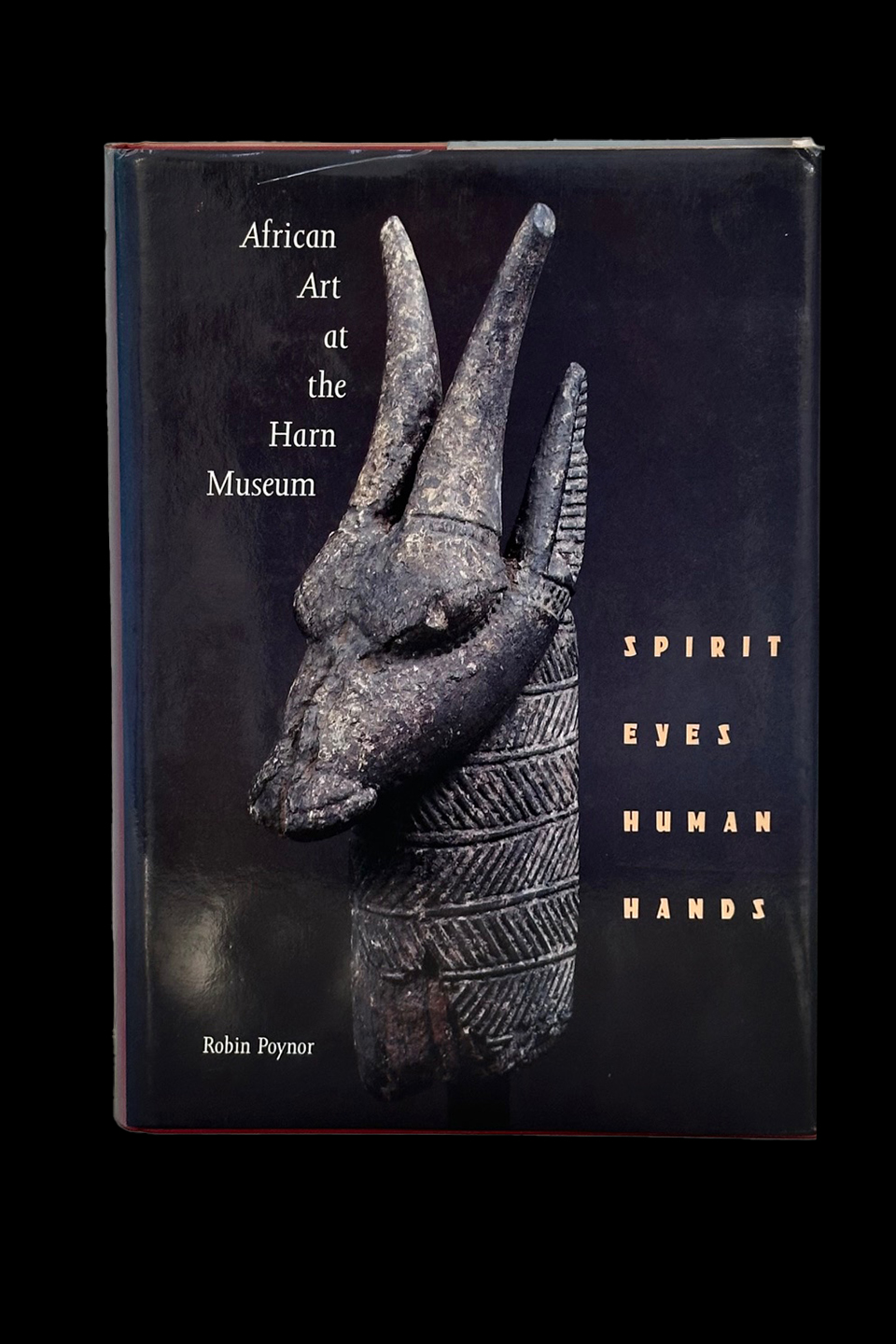
"Insightful and profound."--Arthur P. Bourgeois, Governors State University, University Park, Illinois
The conceptual framework and orientation of the essay are original. [Poynor suggests] the complexity of African religious beliefs and the diversity of roles art plays in their manifestation."--Barbara Frank, SUNY-Stony Brook
With dramatic color and black-and-white photographs of ninety-three pieces of art, African Art at the Harn Museum introduces the notable collection of West African art from the Samuel P. Harn Museum of Art. In the traditional view of many Africans, the spiritual and temporal worlds depend upon each other for companionship and material well-being. As the inhabitants of either realm cross and recross their world boundaries, art objects function as intimate links between the two domains, allowing both spirit and human to see and to manipulate each other. This work specifically addresses the role of the art object--a bowl from Cameroon, a mask from Burkina Faso or Sierra Leone, an ancestral altar from Nigeria, a fertility figure from Ghana--as a medium through which each world gains entrance into the other. Poynor's essay presents each work in its geographic and cultural context. Line drawings and abundant field photographs enhance the text and support the idea that the objects assist communication between two worlds.
Robin Poynor, associate professor of art at the University of Florida, is guest curator of the "Spirit Eyes, Human Hands" exhibition of the university's Samuel P. Harn Museum of Art. He is the former curator of the Tweed Museum at the University of Minnesota, Duluth. He has written principally on the art of the Yoruba Kingdom of Owo, Nigeria, where he did field research, and he has curated a number of exhibitions of African art, writing essays, catalogues, and display texts for the Metropolitan Museum of Art, Birmingham Museum of Art, and Indiana University Art Museum. He has published extensively in African Arts magazine.